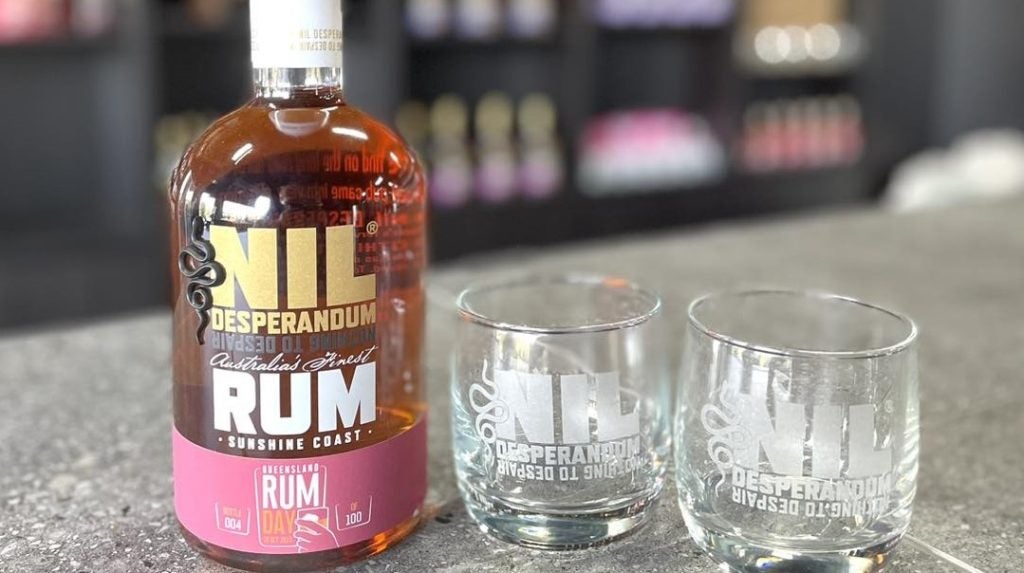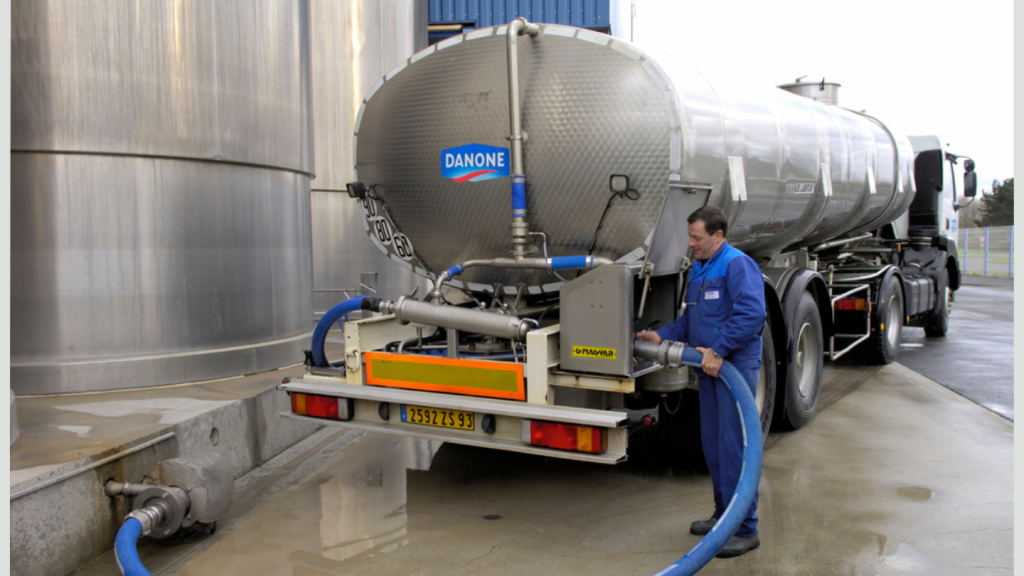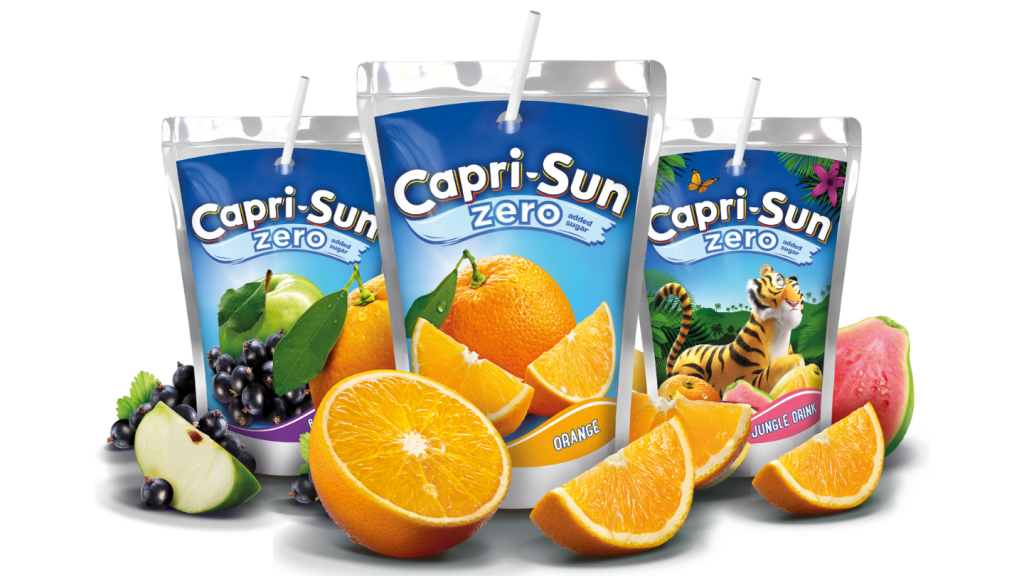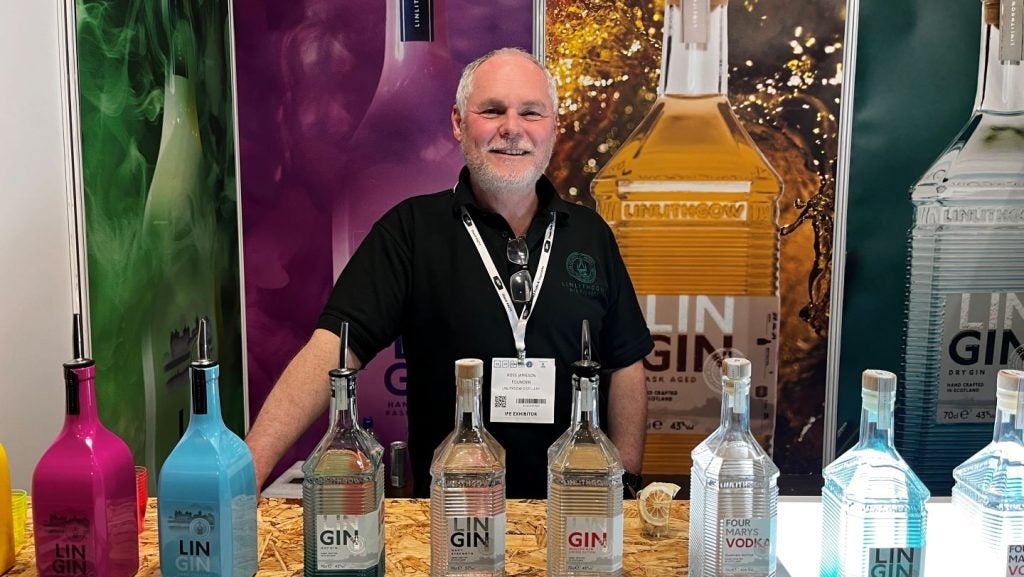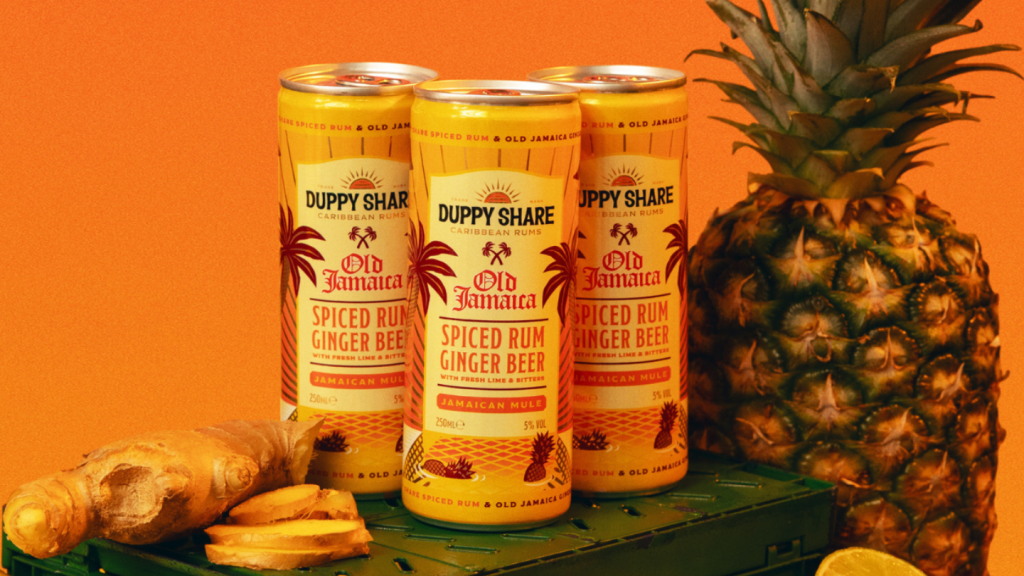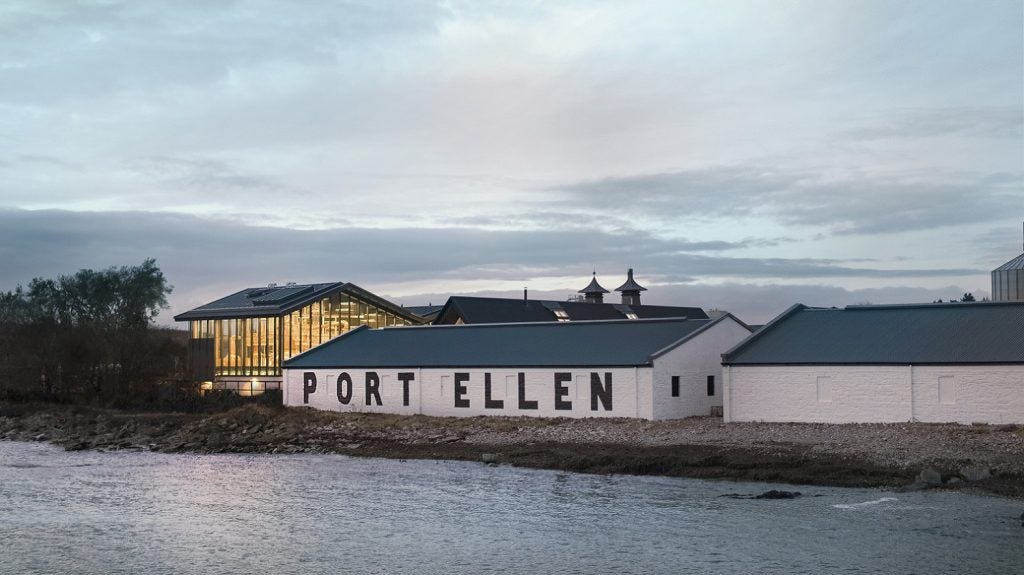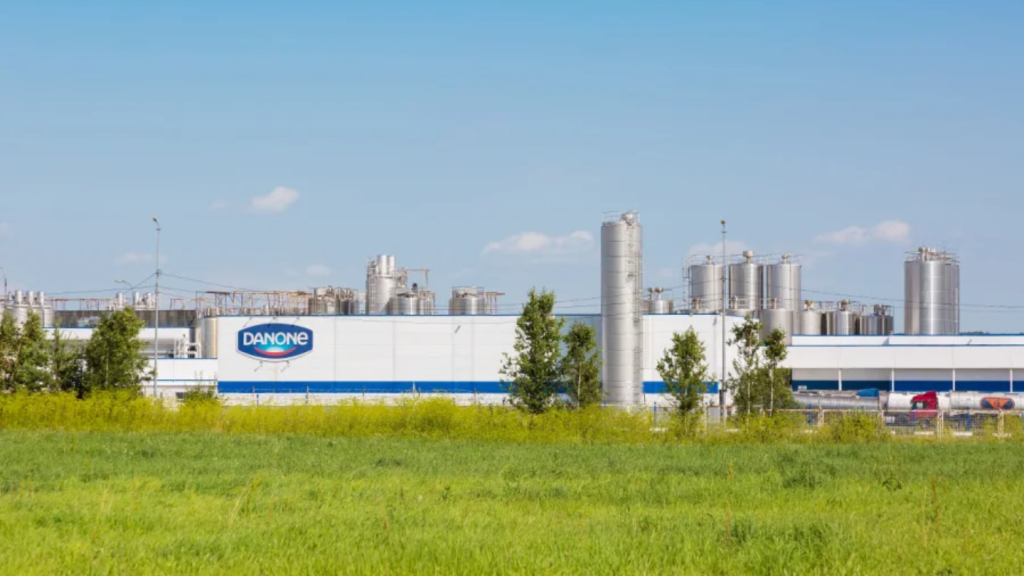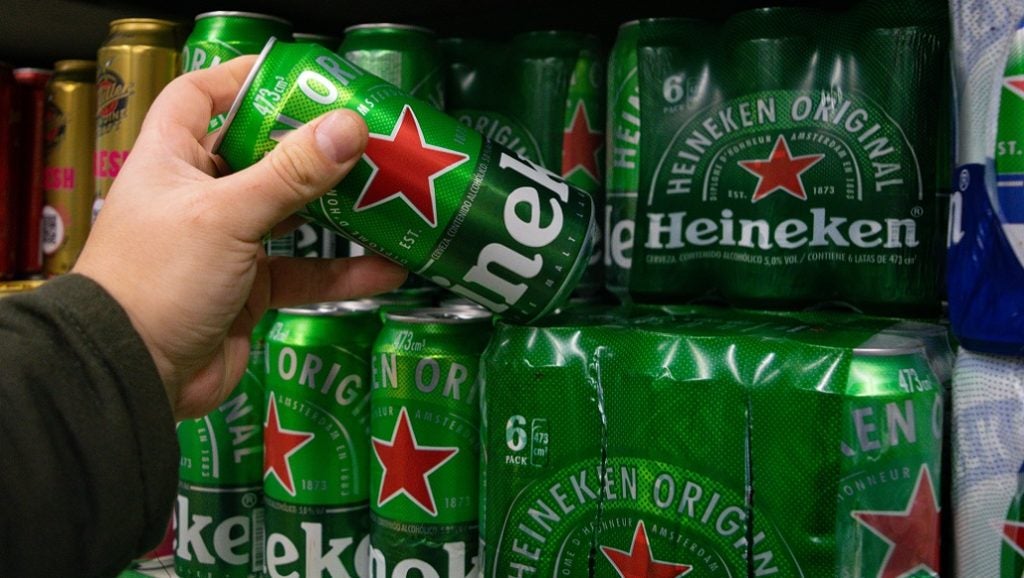Australian distiller Cavu Distilling is setting out its stall to launch rum brand Nil Desperandum in the UK.
The privately-owned business, based in Queensland, is in early talks with potential customers, co-founder Matt Hobson told Just Drinks.
Cavu Distilling, set up in 2019, started production a year later. The company markets Nil Desperandum and vodka-to-gin brand Sunshine & Sons, the largest of the two by sales.
Through a tie-up with Australian distributor Proof Drinks, the distiller sells both brands across its home market, including in the dominant off-premise channel through Endeavour Group and Coles.
Speaking at the IFE trade show in London today (25 March), Hobson said the UK is the first market outside Australia in which Cavu Distilling is trying to launch Nil Desperandum.
“We’re really trying to understand the market and finalise who’s going to take us to market if we can get to that point but we don't see ourselves [initially] trying to compete on a Tesco shelf, for example,” he said.
“We’re in pretty advanced discussions with some of the sort of boutique retailers that are really excited about the category of Australian rum that either is unknown, or people are not very familiar with. That’s where we’re wanting to lead from, to see this in possibly Selfridges and Harrods and others.”
Hobson declined to comment on which retailers are in talks with Cavu Distilling. The company, he added, is also looking to sign a distribution partner in the UK and has had some “initial discussions”.
“I can’t give you specific details but we’re still optimistic that we’ll have a pathway there,” he said. “The distribution pathway is difficult for us. We’ve worked with Proof Drinks in Australia. They’re obviously a big distributor here in the UK. We’re too small for them. We’re looking really for that premium niche market.
“It’s probably a distributor that’s really pushing into the independent off-premise. People hand-selling great spirits from around the world. Sainsbury’s, Marks and Spencer, Tesco: that's not how we drive our brand in Australia. We typically drive it from the on-trade [and] direct-to-consumer and then it spills down [to the mainstream market].”
Cavu Distilling uses a 6,000-litre wash still and a 2,500-litre pot still to produce its molasses-based rum, which has secured the Australian Certified Organic Standard. The company’s rums are aged in Bourbon barrels, emptied of Sherry and Port.
Cavu Distilling sees home boost from UK launch
Hobson believes securing listings in the UK could bolster the profile of Nil Desperandum in its home market, where, he says, rum drinkers tend to seek out overseas products.
“A deliberate strategy for us is to strive to achieve success in the UK. Australian rum hasn’t premiumised within Australia,” he said. “When Australians consider what rum they’re drinking, what we find – and this is after several years of marketing this product – is ‘I want to drink an exotic rum from Venezuela.’ They’re looking for something exotic to impress their friends and other people with.
“What we want to do is invest in the UK market, achieve some success and that success will then lead our own domestic market. Australians are always looking to the still ‘mother’ country, the people that know better and drink better in the UK.
“This is [export] market one [for Nil Desperandum]. It’s tough. People say we’re crazy but it has the most cachet. It’s harder but our brand needs to succeed here and, again, it drives that conversation back to our domestic market, as potentially non-intuitive as that is.”
Hobson, who founded Cavu Distilling with former brewing and restaurant executive Michael Conrad, refused to be drawn on the company’s annual sales, pointing to its status as a privately-owned business. He did note, however, the company has broken even.
The two men own Cavu Distilling between them and have yet to take on outside funding.
“It’s that classic founder’s dilemma of when do you dilute? There are reasons all the time that it should have been yesterday,” Hobson said. “We’ve got a very supportive bank helping us – we’ve just refinanced – who are very optimistic that we are going to be that the next big Australian brand.”
He added: “[External funding] has always been of interest from people who can help us grow. Straight funding is less attractive than funding from a partner who has a distribution channel.
“We’re always open to opportunities. Michael and myself have always had a view that we’re happy to be smaller owners of something bigger. It’s not our vision to be small. It never has been. If there was a trade partner that can just take on, for example, UK, European distribution, if they want a seat at the table, we’re absolutely open.”


